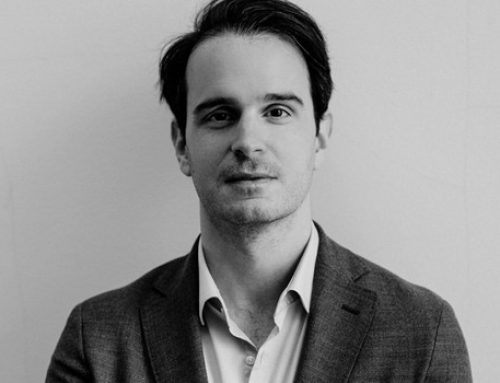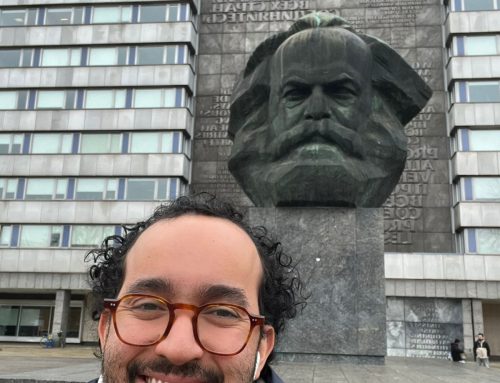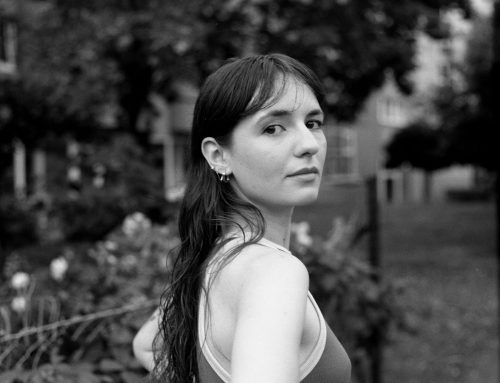On Tuesday, June 11th, 2024 at 12:00 PM (CET), we are hosting the CAS SEE Seminar with Alma Midžić on “The Ways of Water: Commodity, Public Good, Common Resource” in conversation with the RECAS Fellow Boriša Mraović

Alma Midžić
Alma Midžić holds a degree from the Faculty of Political Sciences in Sarajevo and a master degree from the regional MA program “Democracy and Human Rights in Southeast Europe” with a focus on social movements and common goods. Currently, she is working on her final thesis titled “Water Supply in Transition” as part of the interdisciplinary master’s program “Protection from Natural Disasters.” Alma has extensive experience supporting local initiatives and monitoring the work of public administration bodies. Her areas of interest include common goods, resource management, social control (with a focus on water), local self-government, participation in decision-making, and social and environmental sustainability. She is actively involved in advocating against the exploitation of natural resources in Bosnia and Herzegovina and is engaged in political work, despite not being affiliated with any political party.
About the Seminar
Many people are already experiencing water shortages; conflicts over water are not unknown, and the situation is exacerbated by climate change. However, there is still a low level of awareness regarding the limited supplies of freshwater resources. Access to drinking water is often taken for granted without considering distribution and management, and without acknowledging the not-so-bright forecasts for the availability of this resource in the future. Some estimates suggest that the world will face a global water deficit of 40% by 2030. The pressure on the resource is enormous due to the use for water supply, agriculture and industry, mining, the increasing use for energy purposes, and pollution. Recently, there has been an increasing demand to commercialize this common good, despite numerous instances of mismanagement following the privatization of water supply services, mainly through public-private partnerships. In this presentation, Alma Midžić will discuss two dominant models of water management – private and public – in relation to the practice of commoning. She’ll refer to the example of the water supply system in Luke, which is a case of a semi-legal water distribution system governed by the entire local community.
Join Zoom Meeting
https://us02web.zoom.us/j/88989643663?pwd=VnZTOWRmdnl0WEZIdTczc1paZWtkdz09
Meeting ID: 889 8964 3663
Passcode: 328897
Fellowship
Fellowships are supported by OSF Western Balkans, ERSTE Foundation and Rockefeller Brothers Fund.
UNIRI The Moise Palace: Cres Island
An education center of the University of Rijeka. A five-hundred-year-old patrician townhouse and the largest Renaissance palace on the Croatian islands. A venue and forum for various scientific and research activities, it welcomes visiting academics, students and scholars.




